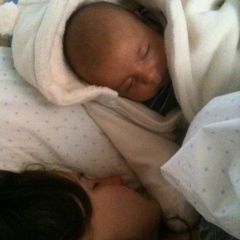
Laura and her son
This week I talk to Laura who is English. She shares her experience of having a home birth in Colombia as part of the series The Global Differences of Baby-Making. Here is her story:
Tell me a bit about yourself? Where are you from? How old is your son and where did you have him?
I am mum to gorgeous 3 month old baby boy. I am English and my partner is Colombian and we had our little boy in our apartment in Bogotá, in the middle of the night.
Why did you have your children abroad? What do you feel were the benefits to having children abroad?
I work in the humanitarian sector and while working in Colombia I met my partner. When we decided we would love to have a baby together, there was no conscious decision about where to have the baby, we were in Colombia so I think we just assumed that is where we would have it. One of the perks of having a baby in Colombia is the very special treatment you get as a pregnant lady.
You are literally treated like a VIP, everyone does everything for you and you never have to queue for anything (which is great in a heavily bureaucratic country). Needless to say I became very lazy! Since having our little one I have found the attitude to breastfeeding very positive and there is no shame in breastfeeding in public and people are generally very accommodating.
As an expectant mother abroad how did you feel?
In general I felt fine about being abroad, I did miss my family and friends in the UK but then I always do.
The thing that affected my feelings the most was the health system I encountered here which I thoroughly disagree with and this resulted in me feeling very frustrated, sad and angry at points. I still struggle with the heavily privatised system, where quality and a say in your health comes at a very high price and is only available for a select few and I still become extremely vexed at how decisions are made on a purely money making basis and not in the interests of the patients (I could go on a length here).
Therefore in terms of my birth I felt absolutely distraught at the thought of going anywhere near a hospital.
After a lot of tears and despair we finally found one of the two doctors in Colombia who do “alternative births” with midwives (midwifery is not a recognised profession) and who place emphasis on partners having a say in there birthing process. As a result we had a very special experience that would not have happened in the UK with a midwife, a woman who is training to be a midwife and the doctor in our home. My partner cooked for everyone, the atmosphere was calm, we passed contractions in the garden, in the bath, walking in the living room and because this is not common in Colombia I think the relationships between all the people involved will be lifelong. We are not just a number of deliveries for the professionals involved, we are part of a very special group.
Did you encounter any opinions that would have been different in your home country with regards to your pregnancy or parenting choices?
I will try to be brief…… the biggy for me was that fathers are not allowed to be involved in the births. I find this incredible and we were given many different reasons why this is, including that Colombian men are weak! This ultimately led to our decision to have a home birth.
I then discovered that the most likely outcome during the birth here is a cesarean, we were actually told on more than one occasion that this is just easier and that the idea is to fill and then empty beds quickly! Many women are encouraged and choose to have cesareans. Women are given an epidural without question and there is very limited opportunity to have an active birth, all contractions must be done on your back.
One of my most shocking experiences was at an antenatal class where the teacher criticised arab countries methods of birth, making a racist and sexist comment about how terrible it must be to have women delivering your baby and even more so with their faces covered.
Now what is funny is had I been in the UK I would have without question had my baby in the hospital and I have to admit I think I would have considered an epidural but what angered me here is that I didn´t have a say, even an opportunity to be involved in my own delivery and I would have had to be on my own.
What advice would you give other mothers in your situation?
I would advise not only mothers and fathers from abroad but also those in Colombia or in similar health systems to look for a way to express their rights. You should have a say in your birth plan and your health.
Yes, you might not have a choice in the end, if there is an emergency, but this might not happen. Fathers at my antenatal group wanted to be part of the birth, my doctor admitted that where possible a natural and active birth is the healthy option and that a fathers presence is vitally important in building respect for women and reducing violence in the family, especially in a macho society.
What gives me hope is that the midwives in Colombia are petitioning the government to recognise their profession and the birth choices it brings with it. Birth and health practices in general should not be about what is easier and more cost effective but what is right for the person receiving the health services.
******
Want to share your story? Get in touch: ameena@mummyinprovence.com

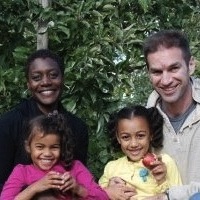 This week I talk to Monique who is American. She shares her experience of having both her daughters in Holland as part of the series
This week I talk to Monique who is American. She shares her experience of having both her daughters in Holland as part of the series  Tell me a bit about yourself? Where are you from? How old is your daughter and where did you have her?
Tell me a bit about yourself? Where are you from? How old is your daughter and where did you have her?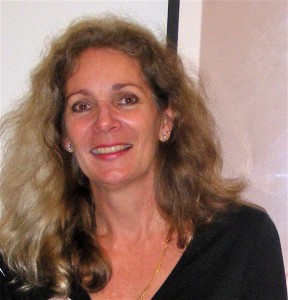 This week I talk to Apple who is TCK and eternal expat. She shares her experience of having a baby in Holland, and another in Thailand as part of the series
This week I talk to Apple who is TCK and eternal expat. She shares her experience of having a baby in Holland, and another in Thailand as part of the series 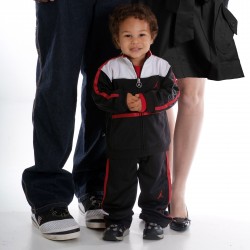 This week I talk to Maria who is American and had her son in Germany as part of the series
This week I talk to Maria who is American and had her son in Germany as part of the series 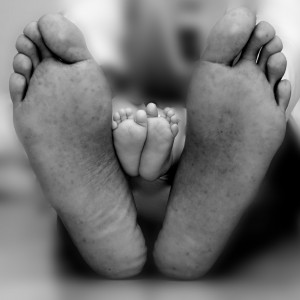 Did you encounter any opinions that would have been different in your home country with regards to your pregnancy or parenting choices?
Did you encounter any opinions that would have been different in your home country with regards to your pregnancy or parenting choices?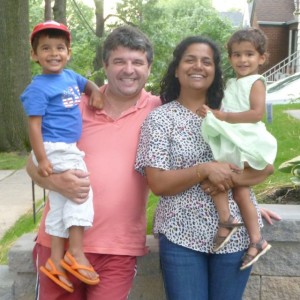 This week I talk to Shweta who is originally Indian and had her children in the USA and now lives in Belgium as part of the series
This week I talk to Shweta who is originally Indian and had her children in the USA and now lives in Belgium as part of the series  This week I talk to Nikki AKA “A Mother in France” who is English and has 5 children, 2 of which were born in France as part of the series
This week I talk to Nikki AKA “A Mother in France” who is English and has 5 children, 2 of which were born in France as part of the series 
 This week I talk the Melaina AKA the “Transatlantic Blonde” who is American and had her son in Scotland as part of the series
This week I talk the Melaina AKA the “Transatlantic Blonde” who is American and had her son in Scotland as part of the series 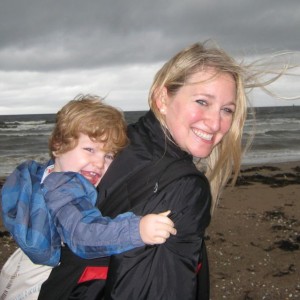 As an expectant mother abroad how did you feel?
As an expectant mother abroad how did you feel?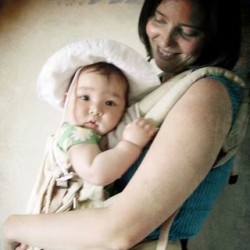 Tell me a bit about yourself? Where are you from? How old is your daughter and where did you have her?
Tell me a bit about yourself? Where are you from? How old is your daughter and where did you have her?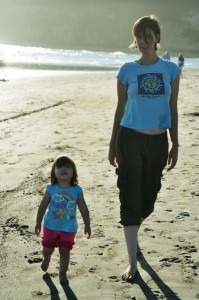 As an expectant mother abroad how did you feel?
As an expectant mother abroad how did you feel?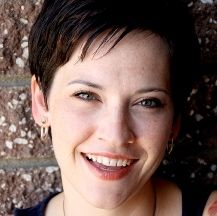 This week I talk the Lerner AKA the “Stay At Home Babe” who is American and had first baby in the US and her second in the UK as part of the series
This week I talk the Lerner AKA the “Stay At Home Babe” who is American and had first baby in the US and her second in the UK as part of the series 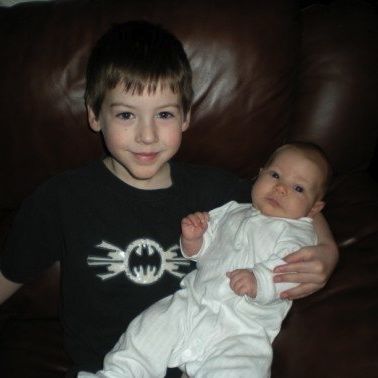 What do you feel were the benefits to having children abroad?
What do you feel were the benefits to having children abroad?